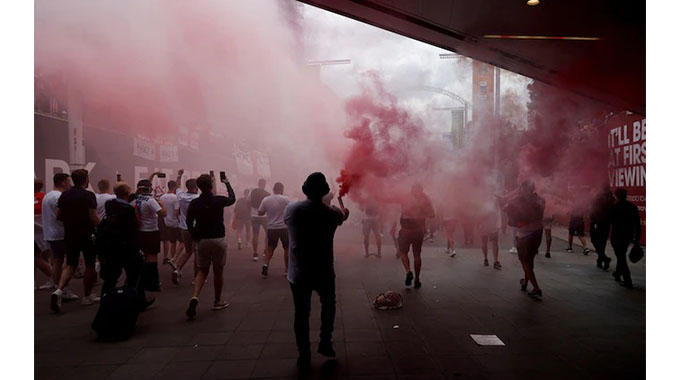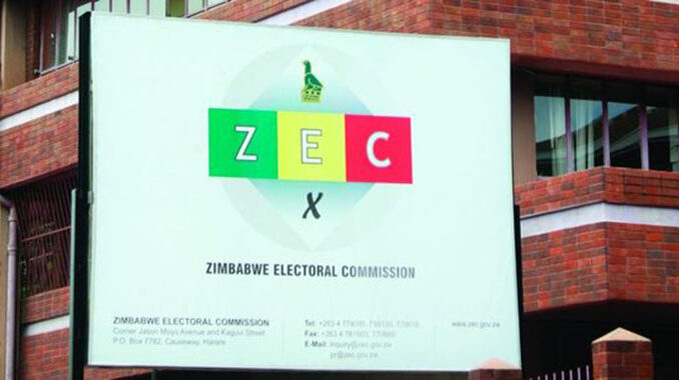LATEST: Cocaine fuelling surge in fan violence at stadia

Cocaine use at matches is one of the factors behind a surge in crowd trouble and should be punished by a ban from all games, Britain’s head of football policing said on Monday.
The Football Association has launched a series of investigations into incidents this past weekend which follow a trend in increased fan violence since Euro 2020 and Chief Constable Mark Roberts now wants police banning orders extended to include drug as well as alcohol-fuelled disorder.
New figures show that football-related arrests have risen over the first half of this season by almost 50% to 802, but there have also been a further 99 arrests for what are not deemed ‘Schedule One” offences, of which the vast majority were either cocaine or drug related.
Drug use was specifically highlighted following the shameful disorder at the Euro 2020 final between England and Italy, with the FA-commissioned Casey report finding that “ticketless, drunken and drugged-up thugs” could have caused death after they stormed Wembley Stadium.
“There are more incidents this year,” said Roberts, who leads the UK’s Football Policing Unit. “It is really worrying. We are lobbying government – they are obviously amending relevant legislation to ensure that people can get a banning order for a hate crime online – and we would like to see it that you can also get a banning order for cocaine use or Class A drugs.
“People who are experienced, who work in football, and probably a lot of fans, know that cocaine use is very common at football. Cocaine use does fuel violence. We see it in the night-time economy; we see it in football.
“Every experienced football commander would tell you that there have been issues with cocaine use for a long time.”
A football banning order lasts for between 10 and three years and Roberts says that, although there has been an increase in arrests this season, this has not being translated into banning orders. Individual reports of disorder are understood to have passed 1,400 following the weekend matches, with increases across offences relating to pyrotechnics, alcohol, thrown missiles, pitch encroachment and hate crime.
This is all despite slightly fewer games across the Premier League, the EFL and and the National League during the most recent comparative reporting period in the 2019-20 season.
“This will require a collective effort – not to wag fingers – [but] to recognise that there is a problem that needs a team effort from everyone to get people who don’t behave kicked out of football,” said Roberts.
He also said that the police were not consulted over the Government’s fan-led football review and stressed that it was the wrong time to bring back alcohol. One of the review’s proposals, which was overseen by former sports minister Tracey Crouch, was a pilot scheme to allow alcohol during League Two and National League matches.
“Disorder in League Two is up by 33 per cent and the National League by 56 per cent,” said Roberts. “It does beg the question, what evidence base is there to do this? Anyone with any experience of public order policing, football policing, or the night-time economy knows that there is a clear nexus between alcohol and bad behaviour.”
Premier League clubs are also facing pressure from security chiefs to increase spending on policing inside stadiums following an exodus of experienced stewards.
Warnings of the burden on lowly-paid stadium stewards were raised after the disorder at Premier League grounds this weekend but also how Cardiff City fans trashed the away toilets at Bristol City.
Rowland Stone, whose firm Tyler Security now works with several top-tier clubs, told Telegraph Sport of an urgency to tackle “a deterioration of public order resources within grounds”.
Disjointed relations between police and football authorities were one of the main failures cited by Baroness Casey in her review of fan disorder for the Euro 2020 final.
“The reduction of policing inside grounds hasn’t helped at all,” said Stone, an ex-Met Police dog handling boss. Legislation means clubs are only expected to pay a fee for policing inside the stadium and on their land and, as a result, Stone has seen clubs become increasingly reliant on their own staff.
“The stewards’ powers are very, very limited, other than ejection,” he added. “As we all saw at Wembley, the stewards have got no powers to retain or restrain. They’re probably £9-an-hour, if they’re lucky. Why would they want to get beaten up?”
Police have repeatedly called on clubs to foot a greater proportion of policing bills around stadiums. In London, clubs paid less than four per cent of the £8m it took to police football matches in the capital for the season prior to the pandemic.
“I’m not saying everything is at fault, but the whole thing generally as a package has deteriorated because we don’t have the police presence in grounds,” said Stone.
Professor Gabriel Scally, president of the epidemiology and public health section of the Royal Society of Medicine, added: “We have to be careful about encouraging copycat behaviour, but I think the whole country has been under an enormous amount of stress for two years now… so I’m not surprised that there are problems of disorder.
“There is always a temptation at times of trouble to to rely on the drugs of solace. So I’m not surprised that people have to some degree turned to drugs or are taking more drugs.” – The Telegraph











Comments